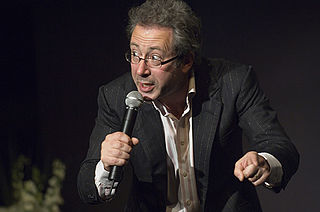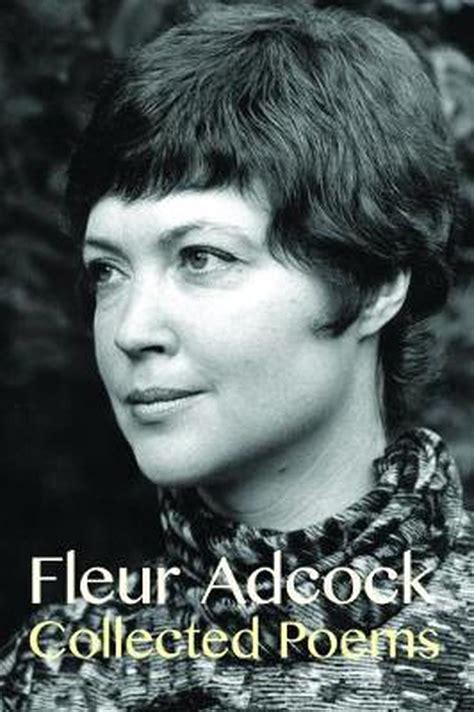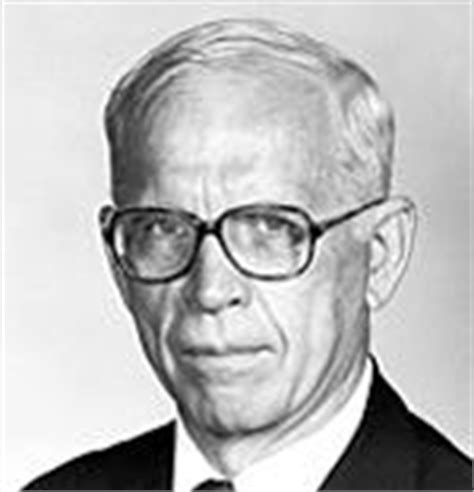A Quote by Julia Serano
All that you ever need to know about genitals is that they are made up of flesh, blood, and millions of tiny, restless nerve endings - anything else that you read into them is mere hallucination, a product of your own overactive imagination.
Related Quotes
The written word is weak. Many people prefer life to it. Life gets your blood going, & it smells good. Writing is mere writing, literature is mere. It appeals only to the subtlest senses—the imagination’s vision, & the imagination’s hearing—& the moral sense, & the intellect. This writing that you do, that so thrills you, that so rocks & exhilarates you, as if you were dancing next to the band, is barely audible to anyone else.
The best thing about conceptual poetry is that it doesn’t need to be read. You don’t have to read it. As a matter of fact, you can write books, and you don’t even have to read them. My books, for example, are unreadable. All you need to know is the concept behind them. Here’s every word I spoke for a week. Here’s a year’s worth of weather reports... and without ever having to read these things, you understand them.
I feel really strongly about not wanting to overly guide the reader about what he or she should think. I really trust the reader to know for themselves and not to need too much. You have your own imagination, your own experiences, your own feelings, and a novel wants ultimately to ask questions. It doesn't assert anything, or shouldn't, I think.
Any closer would unravel her mystery, the very thing which made her so truly beautiful...It was her mystery that he adored. He was in love with everything that he did not know about her... No real sexual encounter could ever match the secret one that he could nurture in his imagination... No living flesh could ever be the erotic equal of flesh kept private, untouchable and unknowable
If you cannot read all your books...fondle them---peer into them, let them fall open where they will, read from the first sentence that arrests the eye, set them back on the shelves with your own hands, arrange them on your own plan so that you at least know where they are. Let them be your friends; let them, at any rate, be your acquaintances.
You have to listen to your own voice. Not your heart, not your instincts, not any of that self-permissive psycho-babble stuff. No, none of that. If it was just about instincts and bright ideas it wouldn't need to be a voice. It's about words. You hear them, read them, then you write. But mostly read. Read the bloody poems.
Each of us lives within the universe - the prison - of his own brain. Projecting from it are millions of fragile sensory nerve fibers, in groups uniquely adapted to sample the energetic states of the world around us: heat, light, force, and chemical composition. That is all we ever know of it directly; all else is logical inference.
Success is how you collect your minutes. You spend millions of minutes to reach one triumph, one moment, then you spend maybe a thousand minutes enjoying it. If you were unhappy through those millions of minutes, what good is the thousand minutes of triumph? It doesn't equate... Life is made of small pleasures. Good eye contact over the breakfast table with your wife. A moment of touching a friend. Happiness is made of those tiny successes. The big ones come too infrequently. If you don't have all those zillions of tiny successes, the big ones don't mean anything.
You're only infallible about your own nervous system. You know what's going on in your own nervous system, whatever realities you're creating out of the infinite flux of being. You don't know anything about anybody else's reality unless they tell you about it. You gotta listen very sympathetically in order to understand them. So it's a limited infallibility.






































